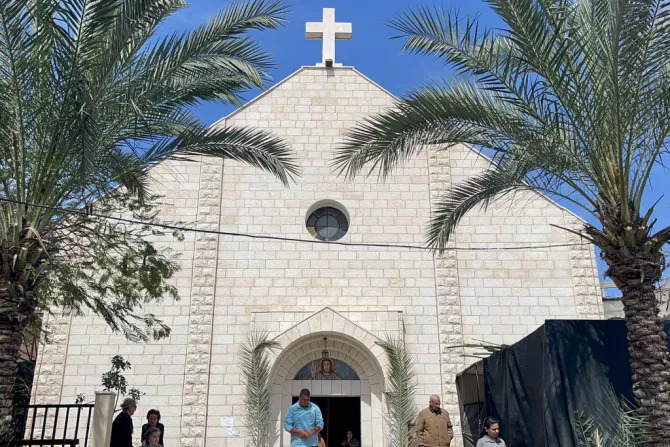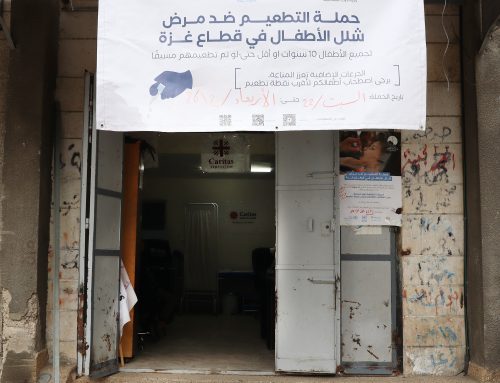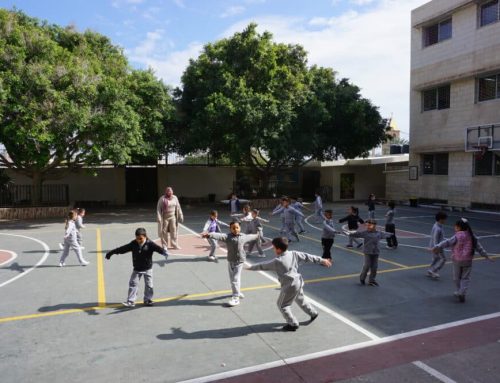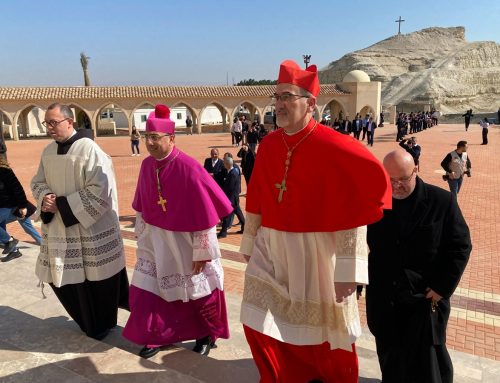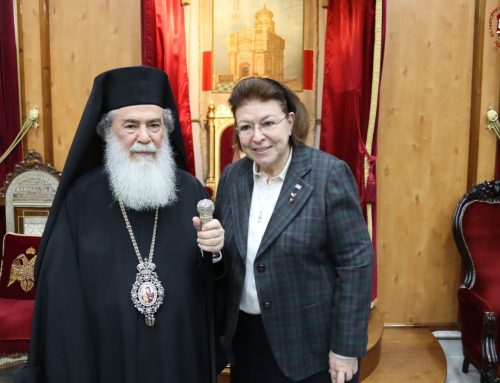In the chaos of the Israel-Hamas war, where any movement can be fatal, even burying the dead is not guaranteed. Hundreds still lie under the rubble across the Gaza Strip, and transporting bodies to cemeteries is nearly impossible. This is compounded by the heartbreak of mass graves.
The challenge is even greater for Christians, whose cemeteries are all in the northern part of Gaza, next to their places of worship. For those who die in the south, receiving a Christian burial is impossible.
Recently, two Christians passed away in the South of Gaza — Hani Suhail Michel Abu Dawood and Haytham Tarazi. Their families could not bid them a final farewell and, for now, have been unable to return their loved ones’ bodies to Christian cemeteries in the north. However, the doors of Muslim cemeteries have opened to receive their bodies and give them a dignified burial.
Reuters reported the testimony of Ihsan al-Natour, a worker at the Muslim cemetery in Tal al-Sultan in Rafah, who mentioned the burial of a Christian, Abu Dawood.
“He’s buried amongst Muslims and there are no signs that indicate he is Christian,” al-Natour said. “He is a human being; we respect human beings and appreciate humanity and we love every person on earth.”
The pastor of the Latin parish of Gaza, Father Gabriel Romanelli, reached by CNA, first expressed gratitude “for the compassion of this man [Ihsan al-Natour], who truly performed an act of compassion, humanity, and respect toward Hani’s body.”
At the same time, he said he hoped that “it will be possible, at a later time, to return the body to Gaza City and give it burial in a Christian cemetery because it is good for the bodies of the baptized to be buried in Christian cemeteries.”
Since Abu Dawood belonged to the Greek Orthodox Church, it would be natural for him to be buried in the cemetery of that church.
Abu Dawood was married with four children, the youngest of whom was just a few months old. He worked as a blacksmith, handling iron, but his health was fragile. Since 2018, Abu Dawood had been on dialysis and would visit Al-Shifa Hospital in Gaza City three times a week for treatment.
After the first wave of bombings rendered the dialysis unit unusable, Abu Dawood had to move south, hoping to continue his treatments there. With the help of the Latin Patriarchate, he managed to reach Khan Yunis and receive care.

